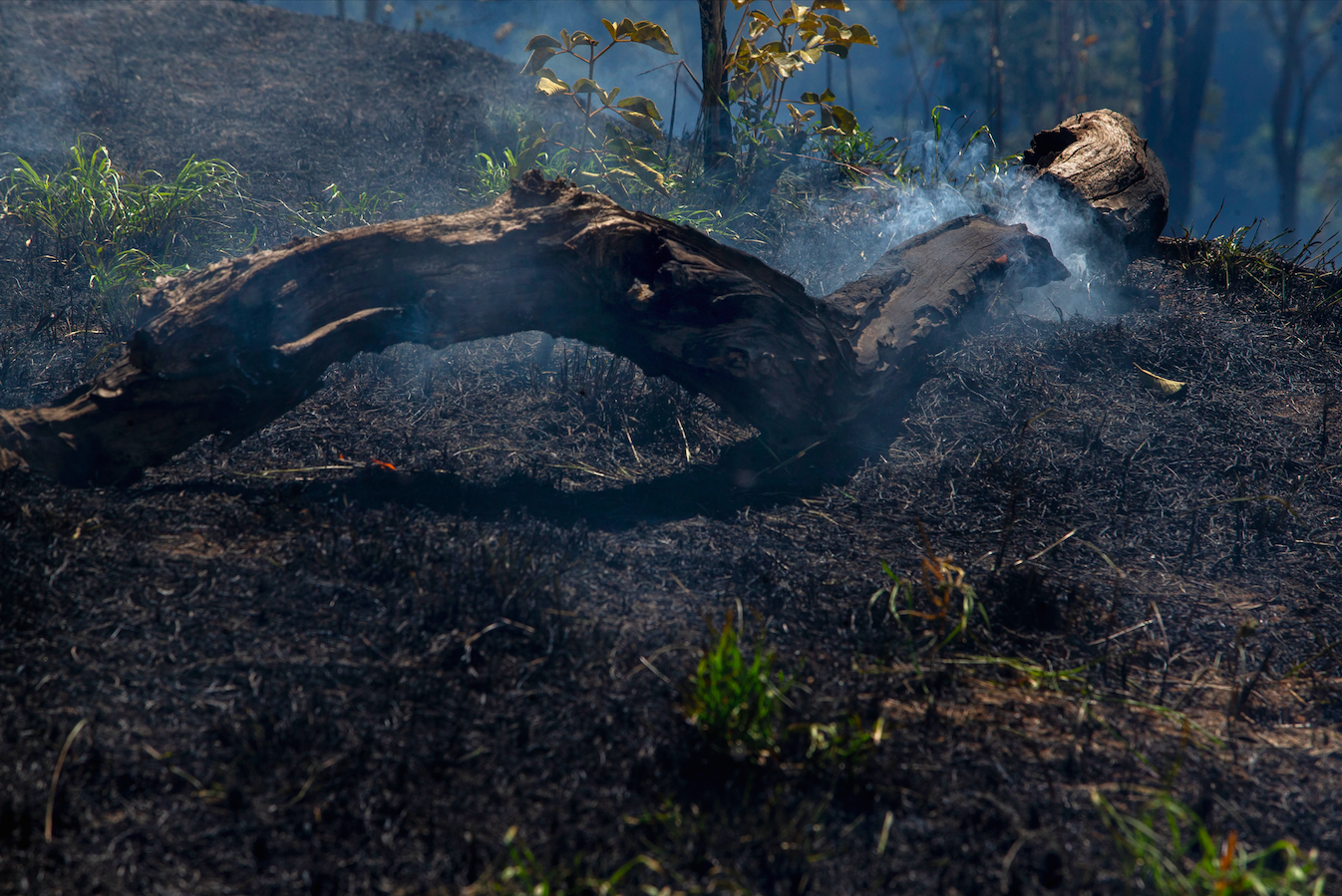Land in agrarian reform settlements appears in the property declarations of hundreds of mayoral candidates in the 2020 elections. Are they peasant politicians, who use the properties for subsistence? Not exactly. The settlements are public areas, some of them the fruit of expropriations, delivered in projects to democratize access to land by the National Institute for Colonization and Agrarian Reform (INCRA) or its counterparts in federal and state governments. An unprecedented survey by the portal De Olho nos Ruralistas in the database of the Superior Electoral Court (TSE), disclosed exclusively by EL PAÍS, shows that some of these candidates officially declare that they accumulate millionaire assets, several plots in settlements — which goes against the distributive principle of agrarian reform — and traditional farms, acquired regularly in the market.
A significant part of these lands are in the nine states that make up the Legal Amazon: Mato Grosso, the seven states of the Northern region and most of the municipalities of Maranhão. This region was chosen, by governments of different political orientations, for small producers to have access to land. And it is there that the politicians claim the land as though it were any typical property. Research shows that these candidates were born in various parts of the country and have found their political Eldorado there — in the midst of lands designed for public use, not for real estate speculation.
Read the full story in Portuguese on the El País website.
